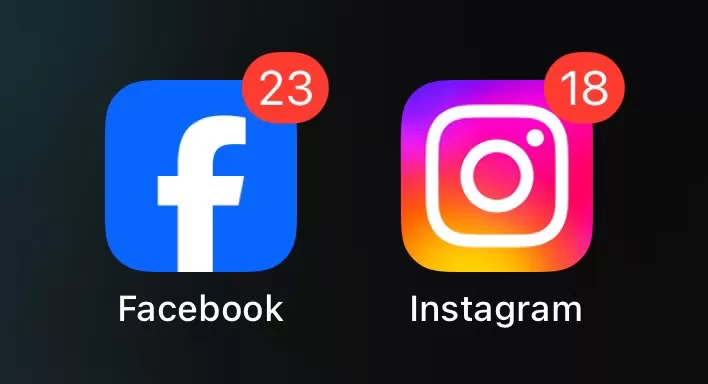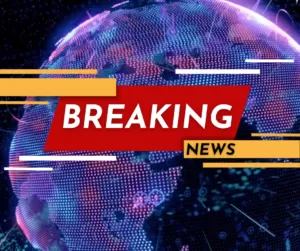U.S. House Passes “Take It Down Act” to Combat Nonconsensual Intimate Imagery, Including AI-Generated Deepfakes

In a significant move to address the growing issue of nonconsensual intimate imagery, the U.S. House of Representatives has passed the bipartisan “Take It Down Act.” This landmark legislation criminalizes the distribution of nonconsensual intimate imagery, including AI-generated deepfakes, and imposes strict requirements on social media platforms to remove such content promptly. The bill, which has garnered widespread support, now awaits Senate approval and the President’s signature to become law.
What is the “Take It Down Act”?
The “Take It Down Act” targets the unauthorized sharing of intimate images, often referred to as “revenge porn,” as well as the emerging threat of AI-generated deepfakes—realistic but fabricated images or videos created using artificial intelligence. The legislation makes it a federal crime to knowingly distribute nonconsensual intimate imagery, with penalties including fines and potential imprisonment. By explicitly including AI-generated content, the bill addresses a modern challenge where advanced technology can be misused to create convincing but false depictions that cause significant harm.
Under the proposed law, social media platforms, websites, and other online services will be required to remove flagged nonconsensual intimate imagery within 48 hours of receiving a report. Failure to comply could result in legal consequences for the platforms, incentivizing swift action to protect victims. The bill also provides mechanisms for victims to seek recourse and ensures that law enforcement has the tools to pursue offenders.
Why This Legislation Matters
The rise of nonconsensual intimate imagery has been a growing concern in the digital age, with devastating consequences for victims. Such content can lead to emotional distress, reputational damage, job loss, and even physical safety risks. The advent of AI technologies has exacerbated the problem, as deepfakes can be created with alarming ease and realism, often without the subject’s knowledge or consent. High-profile cases involving celebrities and private individuals alike have highlighted the urgent need for legal protections.
The “Take It Down Act” is a response to these challenges, updating existing laws to account for technological advancements. By criminalizing the distribution of both real and AI-generated intimate imagery, the legislation aims to deter perpetrators and provide justice for victims. The 48-hour removal requirement for platforms underscores the urgency of addressing this content, ensuring that victims are not left waiting while harmful material remains online.
Bipartisan Support and Broader Context
The passage of the “Take It Down Act” in the House reflects bipartisan recognition of the issue’s severity. Lawmakers from both parties have emphasized the importance of protecting individuals’ privacy and dignity in an era where digital exploitation is increasingly common. The bill builds on existing state-level laws, many of which already criminalize nonconsensual pornography, by establishing a federal standard that ensures consistency and broader enforcement.
Advocacy groups, including those focused on women’s rights, privacy, and technology ethics, have praised the legislation. They argue that it not only addresses immediate harms but also sets a precedent for regulating AI-driven content. However, some critics have raised concerns about potential challenges in implementation, such as identifying AI-generated content or balancing free speech with the need to remove harmful material. Supporters counter that the bill’s clear definitions and focus on consent provide a workable framework.
Next Steps and Potential Impact
The “Take It Down Act” now moves to the Senate, where it is expected to face further discussion but has a strong chance of passing given its bipartisan momentum. If signed into law by the President, it will mark a significant advancement in the fight against digital exploitation. Social media platforms will need to adapt their moderation policies to comply with the 48-hour removal mandate, potentially investing in better detection tools and reporting mechanisms.
For victims, the law offers hope for faster recourse and stronger protections. By criminalizing the distribution of nonconsensual imagery at the federal level, it also sends a clear message that such behavior will not be tolerated, regardless of whether the content is real or AI-generated. The inclusion of deepfakes in the legislation positions the U.S. as a leader in addressing the ethical and legal challenges posed by AI technologies.
Looking Ahead
The “Take It Down Act” is a timely response to the evolving landscape of digital privacy and technology. As AI continues to advance, lawmakers will likely face ongoing challenges in regulating its use while safeguarding individual rights. For now, the bill represents a critical step toward ensuring that the internet is a safer space for all.
As the legislation progresses, stakeholders—including tech companies, advocates, and the public—will be watching closely to see how it shapes the future of online safety and accountability. For those affected by nonconsensual intimate imagery, the “Take It Down Act” offers a beacon of hope and a promise of justice.







